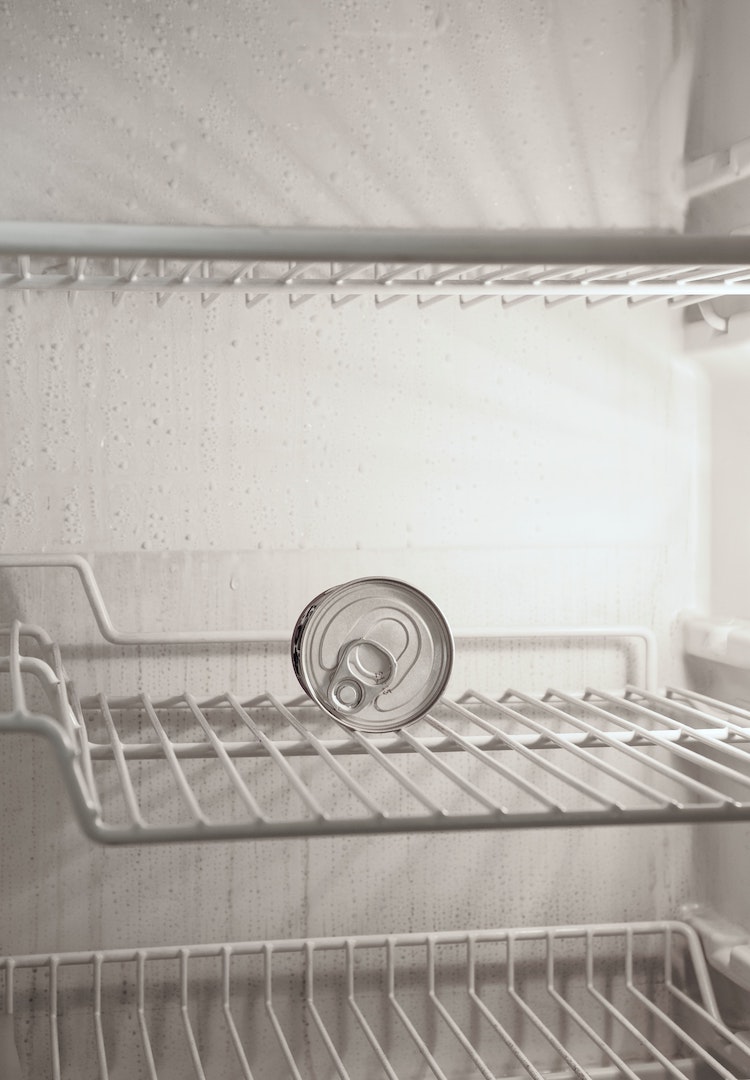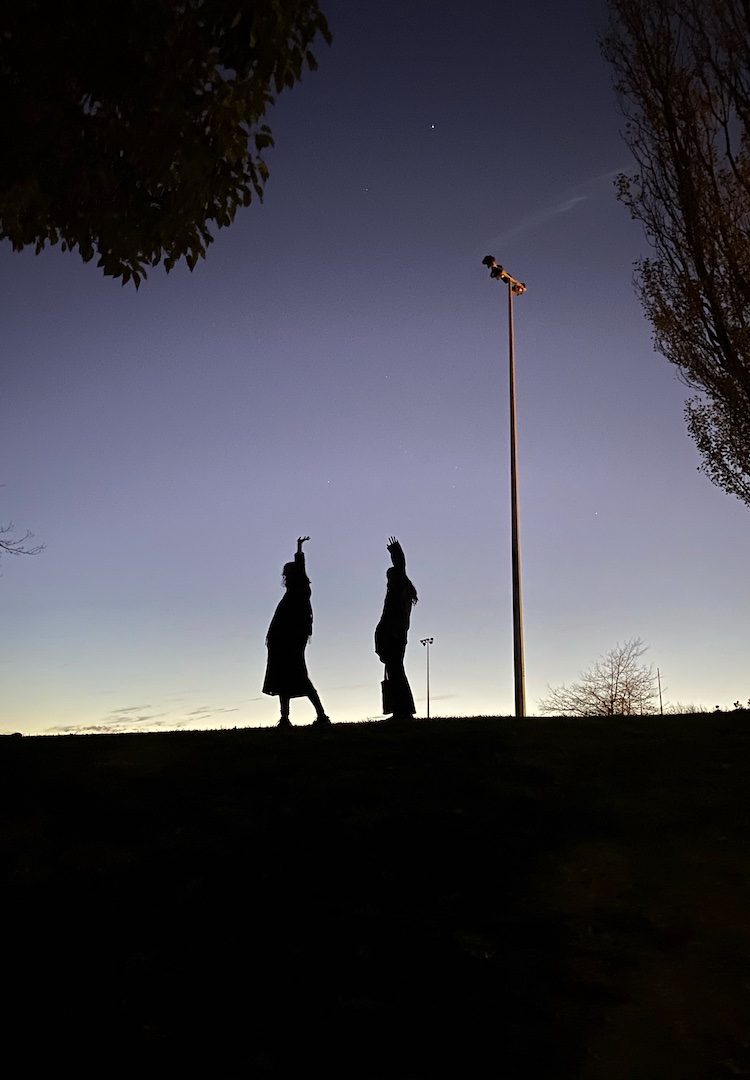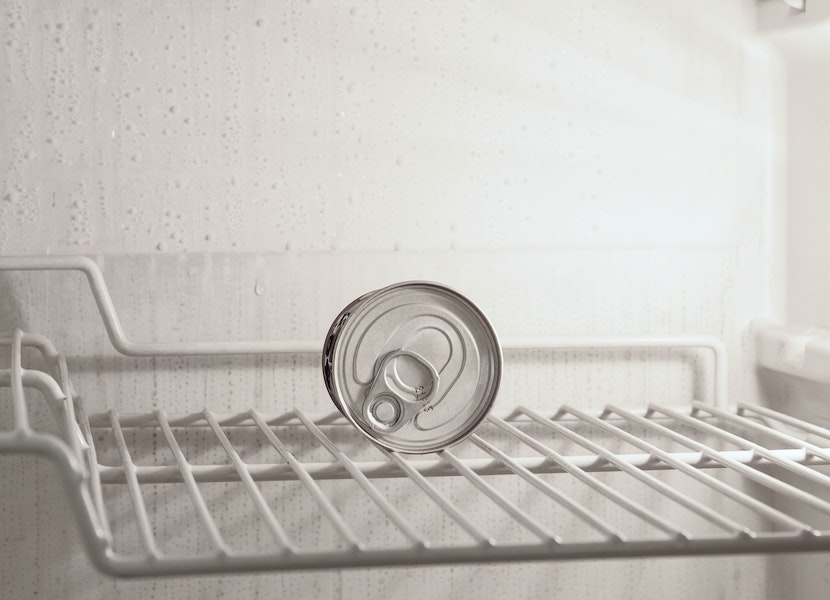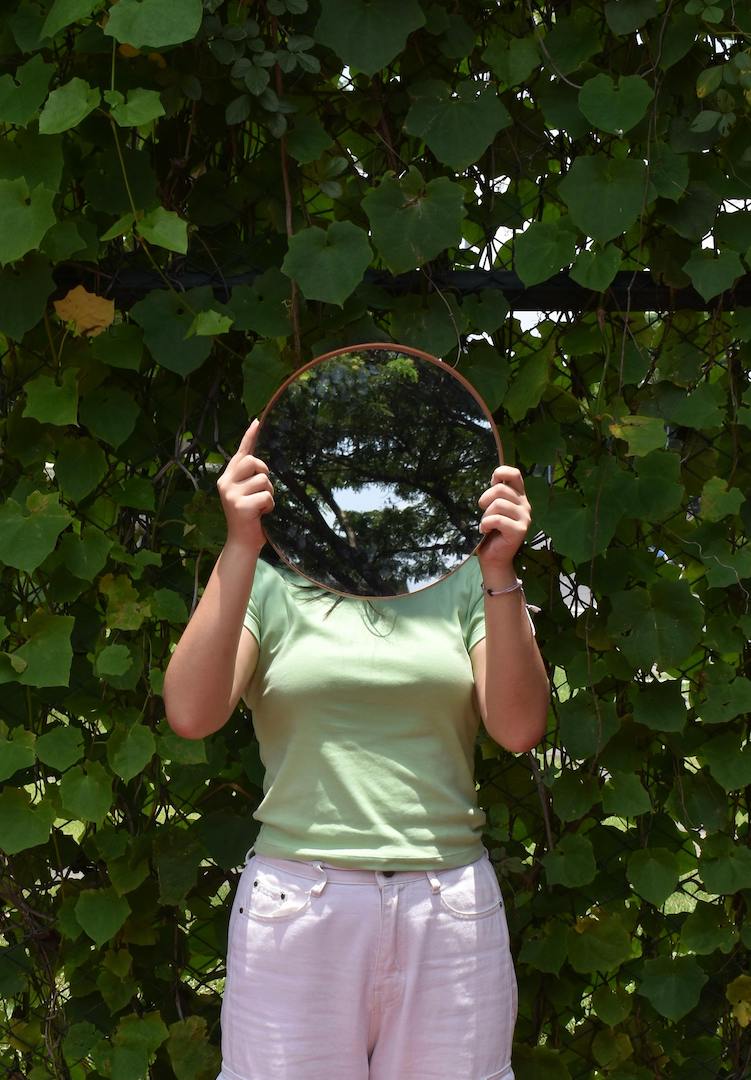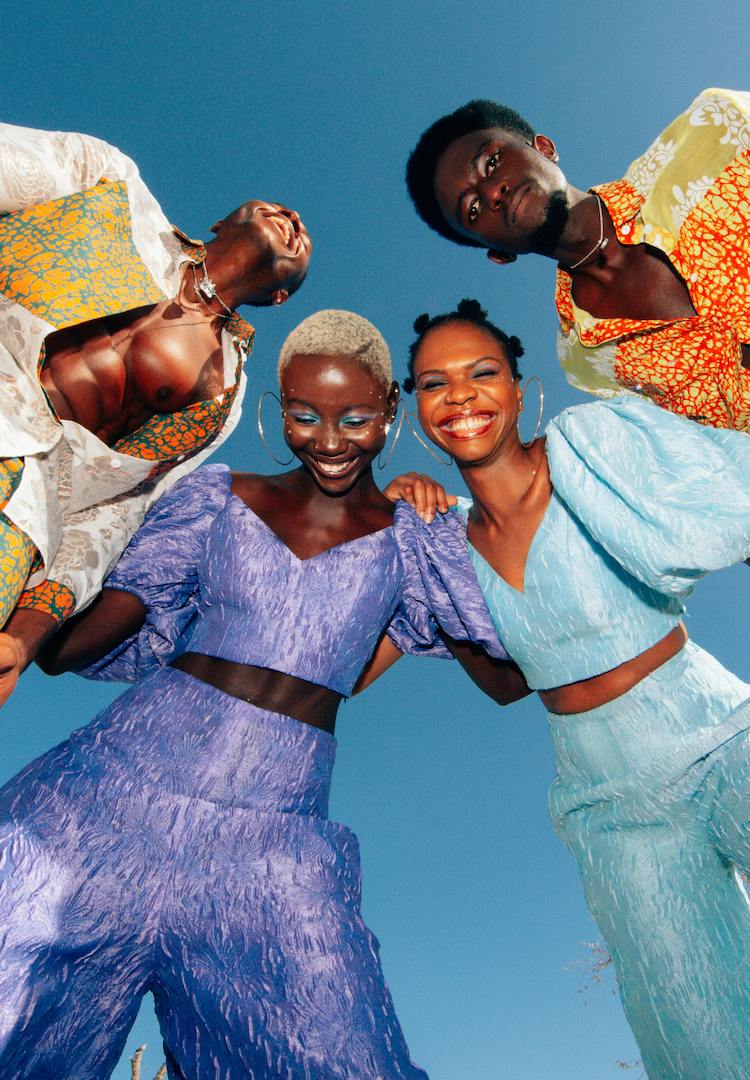How the pandemic led to a relapse in my eating disorder recovery
WORDS BY PHOEBE BLOGG
“My Instagram and social media platforms portrayed a successful fashion student living her dream, when in fact I was miles away at a mental health facility.”
The past few months of lockdown have proved to be quite challenging, with spending limits on grocery items, job losses, social distancing, skyrocketing infection rates and strict restrictions on when you can leave your home. Australians have certainly felt the full effects of COVID-19.
For me, the pandemic took its toll both mentally and physically. Having relapsed into my eating disorder in early March, it took no less than three months until I was transferred into a specialised eating disorder unit in Sydney. I was unaware at the time that this would be my home for the following three months.
Prior to my eating disorder, I was a fit, healthy teenager who, like many, thrived on trying to do absolutely everything, all at once. I was originally diagnosed in 2016, and a large proportion of my life since that time has revolved around learning how to work, socialise and ultimately live with this mental illness.
My illness, anorexia nervosa, is a life-threatening disorder due to the effects of weight loss and starvation on the body and brain. Despite eating disorders not being the most discussed mental illnesses, I was shocked to find that they have the highest mortality rate of any mental disorder.
Over the past two years, I have been hospitalised on four occasions, all of which have required me to be fed through a nasogastric feeding tube due to severe malnutrition. To this day, I find it hard to share this information with friends and family, who at the time were shocked to find I had even been hospitalised, let alone on multiple occasions.
You see, I never let on that I was struggling. My Instagram and social media platforms portrayed a successful fashion student living her dream, when in fact I was miles away at a mental health facility, definitely not living the dream.
In 2018 I completed a diploma in fashion business and was lucky enough to travel across the globe and work at New York Fashion Week, something I would definitely not have had the energy nor mental capacity to do during the peak of my eating disorder.
I started 2020 interning as a fashion assistant at a fashion magazine, which not only provided a healthy and positive social environment but a form of motivation, which helped my recovery immensely.
I wanted to work in fashion, to have the energy to withstand long days, and I wanted to prove myself. I could envision a future in which I was healthy and happy working in a career I loved.
Things took a turn for the worse for me in June. The rapid increase in coronavirus cases resulted in my internship being cancelled, my sales assistant position became practically non-existent and ultimately, my life fell apart.
I was home all the time, my friends were too busy to catch up, job opportunities in my industry were at an all-time low, and by mid-June, I found myself lonely, stressed and losing weight rapidly.
As it is, there is definitely no shortage of diet advice and exercise content being shared on social media, but the pandemic only made this trend increase, something eating disorder sufferers have found particularly difficult.
I, along with many others struggling, found the number of influencers endorsing home workouts, low-calorie recipes and detoxes distressing. Fuelled by social media and hashtags such as #covidweightgain, it was only a matter of time before a dangerous trend emerged.
The idea that this period of lockdown must be used to improve one’s physical appearance is the type of unhealthy thinking my eating disorder thrives on. Even though I was already at a very low weight, I felt immense pressure to exercise, despite my lack of motivation.
I scrolled social media only to see constant reminders that I should be using this time to improve myself. It seemed that using this period of lockdown as an opportunity to rest and regenerate was perhaps lazy, unproductive and, for myself, not an option.
At the time of writing this piece, I was living in a specialised unit in Sydney which was adhering to very strict coronavirus restrictions. The unit was allowed no visitors (there was no exception to this rule), group support and psychology sessions were cancelled, and unit leave or activities involving leaving the facility ceased immediately.
Now discharged, the last 12 weeks of my stay within the unit were some of the most challenging I believe I will ever endure. I felt hopeless, depressed, homesick and empty but I also felt alive, well-rested and nourished, and at times I felt like the old me.
Pandemic or not, living with an eating disorder, no matter the severity, is often a daily battle. You have to choose recovery and you have to choose it every day at every meal.
It is a long road, it will take time and a lot of effort but I have seen a glimpse of the finish line, and I’m confident I’m going to cross it. As someone who has never openly spoken about their struggle with a mental illness, I do want to stress the importance of communication.
Suffering in silence is, unfortunately, all too common, so please reach out. Send that text, grab that coffee, and make the effort, because at the end of the day eating disorders – and any other form of mental illness – are nothing to be ashamed of and neither is talking about.
If you’re struggling with body image issues or eating disorders, you can call the Butterfly National Helpline at 1800 33 4673 for free and confidential support, or email or chat to them online here.


